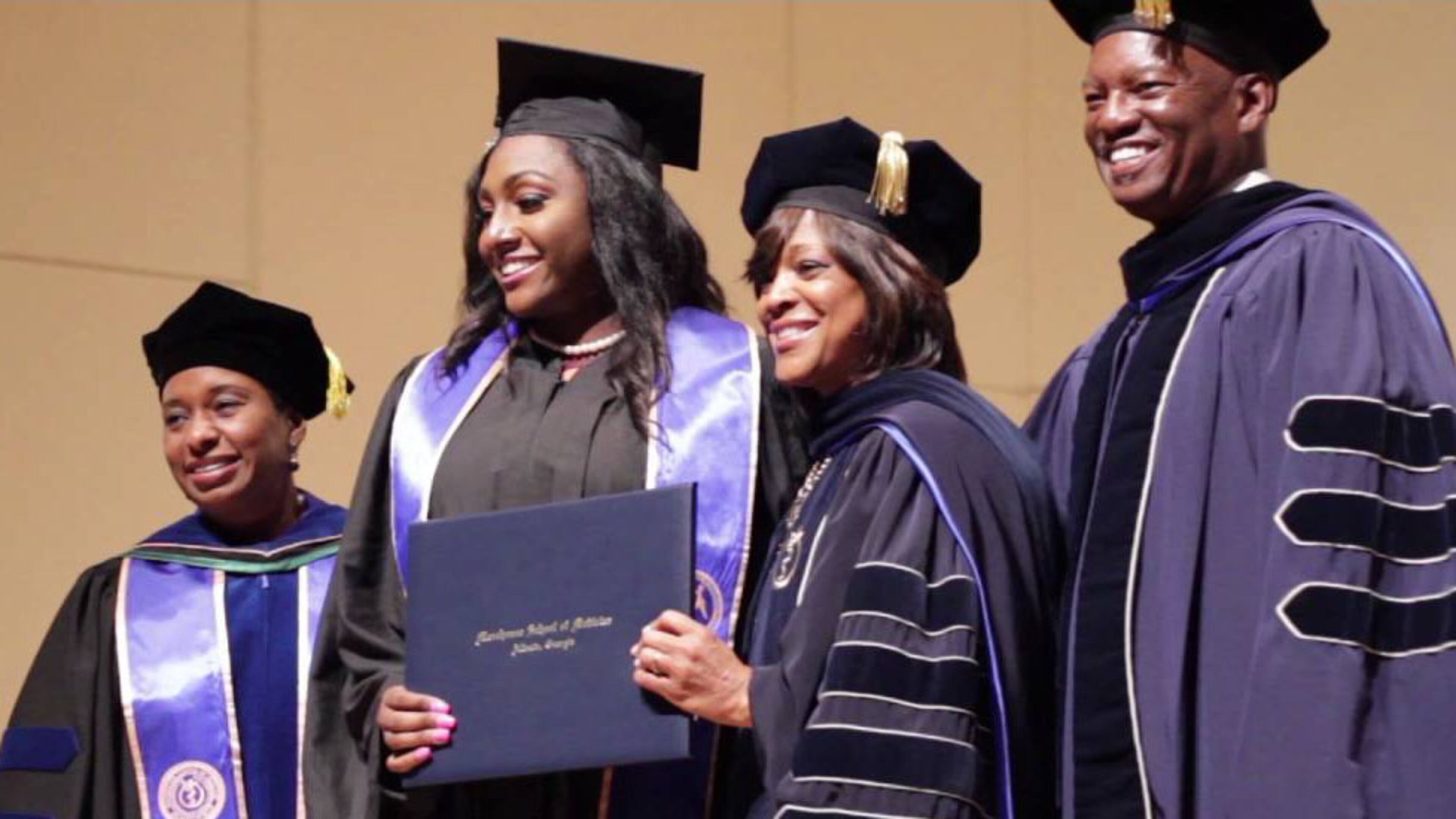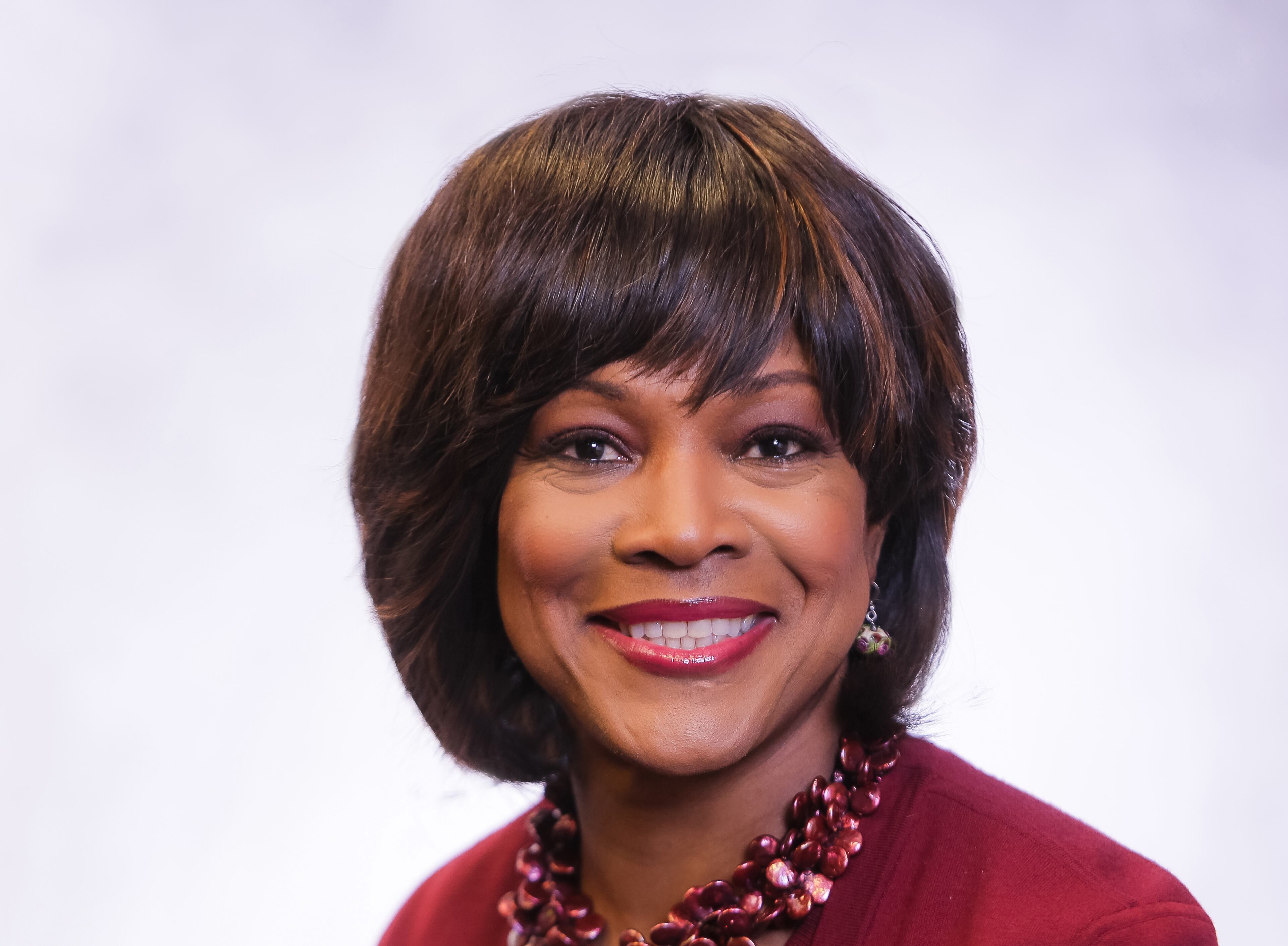Opinion: Working to train more needed Black doctors now

We are moving through a national moment of reckoning regarding long known inequities in racial health, wealth, and judicial system outcomes. A solution will not come quickly or easily on many fronts. Conflict and spotlights however can bring focus and clarity, as well as occasionally cause catalysts to step forward and speed up progress.
The Morehouse School of Medicine is one of four historically Black colleges and universities that also has the education of more Black primary care doctors at the core of our mission.
According to the Association of American Medical Colleges, Black physicians comprise 5 percent of current, active practitioners and the four HBCU medical schools have graduated more Black doctors over the last 10 years than the top 10 predominantly white medical schools combined. We know that Black patients tend to have better outcomes, in almost every medical discipline, when their care is shepherded by a Black doctor. There are cultural, psychological, and medical reasons for this, and whether the bias is real or perceived, the lack of physicians of color, as well as other healthcare professionals, contribute to the reluctance among minorities, particularly Black males, to seek out healthcare as symptoms occur and declining health becomes prevalent.

Thankfully, forward-thinking philanthropists, public policymakers, and others are stepping into the breach to help right these wrongs and unjustifiable disparities by making a difference as well as transformative gifts. In his 2020 presidential campaign, former New York City Mayor Michael Bloomberg spoke of the creation of his Greenwood Initiative, to begin to address the pace of wealth accumulation among Black families in America. Mr. Bloomberg selected “Greenwood” in recognition of the community, once known as “Black Wall Street,” and the site of one of America’s worst tragedies, the 1921 Tulsa Race massacre.
As the launch gift of the initiative, Bloomberg Philanthropies is providing $100 million in direct college loan payment assistance to hundreds of medical students, currently enrolled at all four HBCU medical colleges, Charles R. Drew University of Medicine (Los Angeles), Howard University College of Medicine (Washington, D.C.), Meharry Medical College (Nashville), and the Morehouse School of Medicine in Atlanta. Enrolled medical students qualifying for and receiving financial aid will each have up to $100,000 of their student loan debt retired by this gift. By significantly reducing debt, prior to graduation, our doctors will more readily be able to move immediately into underserved communities, and focus on the practice of medicine, versus their immediate needs for income, or moving quickly into a more-specialized area of medicine, primarily for the potentially higher pay.
As Mayor Bloomberg said well when announcing his gift, “More Black doctors will mean more Black lives saved, and fewer health problems that limit economic opportunity.”
To our academic health center, this will mean immediate assistance of roughly $25,000 per medical student for each of their four years of medical school. This gift is not only the largest in the history of our institution (as well as all of our peers), it will free up millions in other resources and provide financial assistance for all of our enrolled students in a host of other degrees and medical disciplines.
Out of 21,338 students entering medical school in 2018, only 1,505 of them were Black Americans. That’s pretty much a flat line over the last 15 years. What’s more concerning is that only 572 of those medical students were Black males. So when you consider the ratio of Black females going to medical school, compared to Black males, it’s almost 3 to 1. Within all other demographics, it is nearly 50-50. his gift will enhance our efforts to recruit more Black men into medicine.
We deployed our most recent graduates immediately into the field in May of this year. COVID19 is still disproportionately and more negatively impacting Black and Brown communities. There are multiple reasons for this, and thanks to a $40 million CDC grant through our Satcher Healthcare Leadership Institute, we are researching the impact of preexisting medical conditions, cultural and workplace barriers, and also seeking to involve more Black people in clinical trials to find a successful vaccine.
This gift from Bloomberg Philanthropies to launch their Greenwood Initiative is a significant booster shot in all those directions. Thanks in part to this gift, there will be more Black doctors immediately headed to the front lines, improving health care access, equity, and quality for everyone. That is a mission worthy of additional investment. And as all the data shows, it pays more than ample dividends.
Dr. Valerie Montgomery Rice, M.D., is president and dean, Morehouse School of Medicine.


